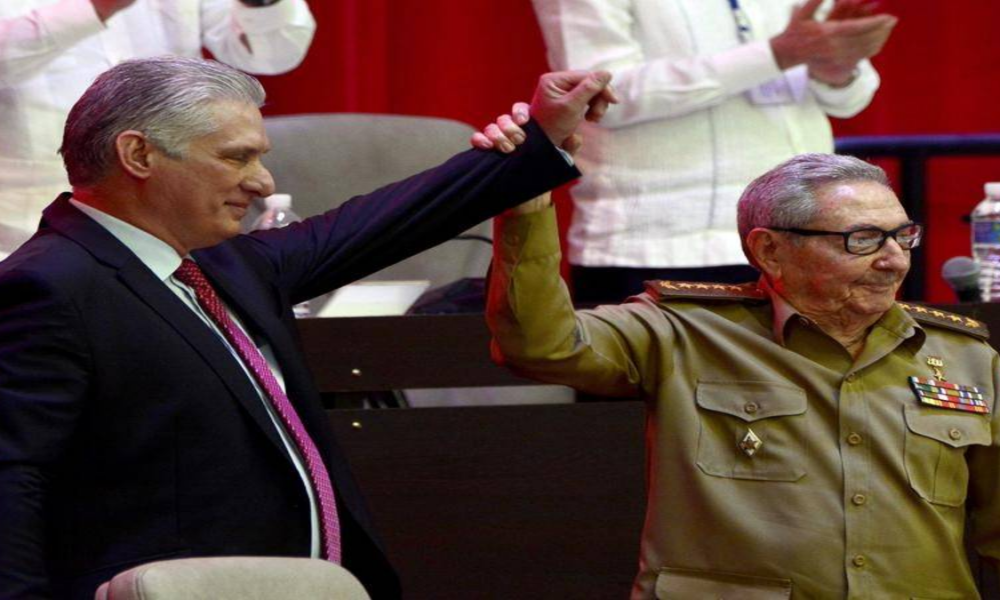Raul Castro came out of retirement to attend the Communist Party of Cuba’s Politburo meeting on Sunday when Cubans began protesting the 62-year communist regime.
What We Know:
- According to the Communist Party of Cuba’s newspaper, Granma, Castro discussed methods to ease tensions between the citizens and the government alongside other party members. Leader-Telegram reported his presentation at the meeting might indicate the Party doubts President Miguel Díaz-Canel can handle the situation singlehandedly. Castro selected Díaz-Canel to succeed him as President of Cuba and as the First Secretary of the Communist Party of Cuba.
- Granma additionally defended Díaz-Canel’s claims that the United States provoked the protests. Reporters wrote that party officials analyzed “provocations orchestrated by counterrevolutionary elements, organized and financed from the United States with destabilizing purposes.” The United States denies these accusations.
- The news source also praised President Díaz-Canel for dealing with the crisis. It called his response “exemplary” and allowed him to stop “subversive actions;” when demonstrations began in San Antonio de los Baños, the president visited the town expecting to control the situation. However, his measures did not work; by Sunday afternoon, the whole country erupted in protests.
- Instead of listening to his citizens, Díaz-Canel quickly took to television and urged his supporters to confront protestors “by any means necessary.” After facing criticism for his comments, he stated he did not invoke violence, but the demonstrators “got what they deserve.”
- Despite Granma stating that the unrest was controlled, protests are still happening in Cuba. Cubans continue begging their leaders for basic necessities such as food and medical supplies throughout the nation; instead of listening to their citizens, the government approved violent police raids, the arrestment of several demonstrators, and an internet shutdown.
Regardless of the consequences, the Cuban people remain determined to continue fighting for political freedom.



